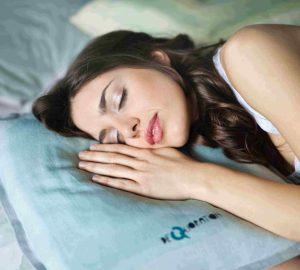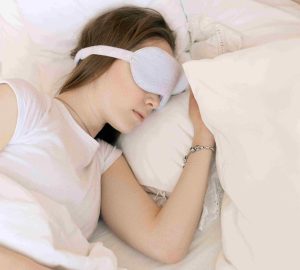The effects of sleep apnea can range from minor discomfort and inconvenience to life-threatening complications. Anyone who is faced with this condition should do whatever is necessary to gain a comprehensive understanding of its causes and possible treatments. Carefully review the article that follows, and you will be equipped to find a treatment that works for you or your loved ones.
Get a checkup regularly and act upon your doctor’s suggestions. Besides excess weight, you could be suffering from health issues such as heart disease and hypertension, which can greatly increase your chance of suffering from sleep apnea. Even problems with blood sugar can make sleeping a miserable experience for apnea sufferers.
If you have been diagnosed with sleep apnea and prescribed a CPAP, work hard to get in the habit of using it every time you sleep. While it can be a struggle to get used to sleeping with a mask on your face, your health and your life depend on it. Work with your sleep center to get everything adjusted just right so that you can use CPAP therapy with a minimal amount of discomfort.
Stop smoking. Smoking cigarettes is bad for you for many different reasons. Smoking can also cause sleep apnea. It isn’t just bad for your lungs; it can also cause your upper airway to swell. This can make it difficult for you to get the breath that you need at night.
There are known risk factors for sleep apnea. Some of obstructive sleep apnea risk factors are being overweight, a smoker, male, related to someone with sleep apnea or being Hispanic, Black, or a Pacific Islander. If you have one or more of these risk factors, you are more prone to being diagnosed with sleep apnea.
Do you always sleep on your back? Try sleeping on your side instead. When you sleep on your back with a head propped on a pillow, your airways get narrower. Go to sleep on your side and use cushions to prevent yourself from rolling in your sleep. Your airways should remain open as long as you are on your side.
An excellent method of reducing your sleep apnea symptoms is simply losing some weight. Many sufferers of sleep apnea have found that shedding their unwanted pounds makes their sleep apnea go away entirely. In fact, you don’t have to lose a lot of weight to open up the airways and the throat.
If you are one of the millions of people who suffer from sleep apnea, you need to avoid caffeine and large meals before you go to bed. Stop eating and drinking any caffeinated beverages at least two hours before you go to bed. Both of these are linked to sleep apnea and should be avoided before bedtime.
Because of its potentially very serious impact on the lives of sufferers, sleep apnea is a topic of great concern for many. Those confronted with this condition are wise to research the topic thoroughly before selecting a treatment strategy. By paying close attention to the information contained above, you have the power to find the methods best able to alleviate the symptoms plaguing you or someone you love.






